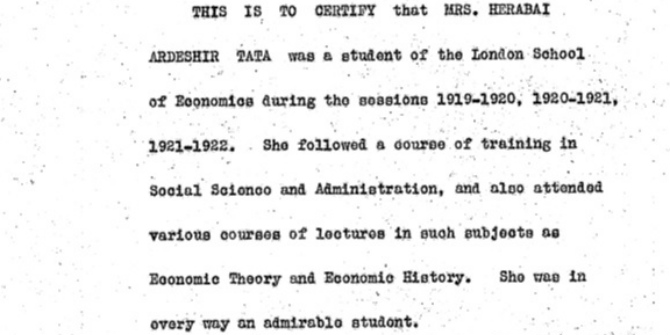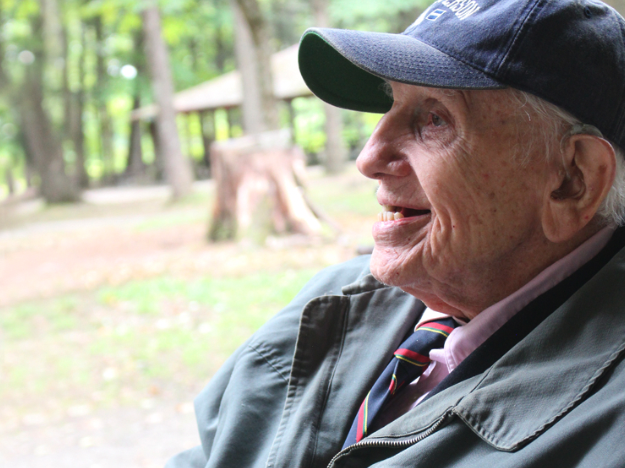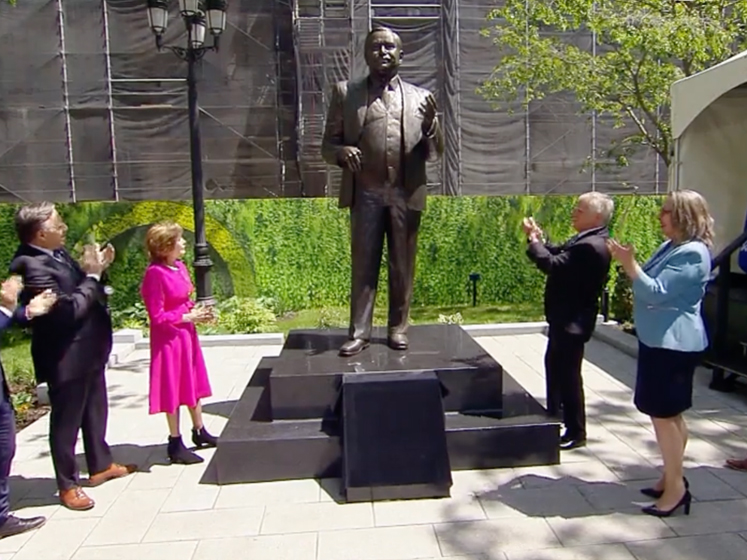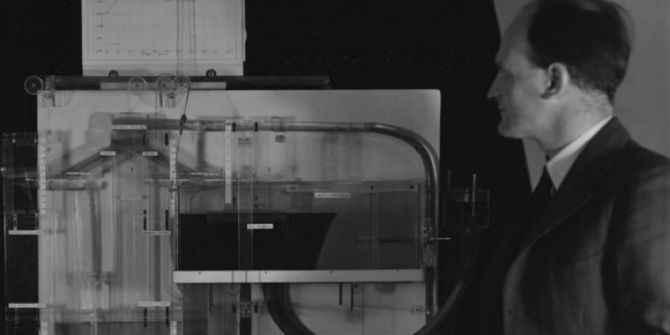In the first of a series charting the history of Economics at LSE, Jim Thomas introduces the early principles of economics teaching, and explores the eras of Edwin Cannan (1895-1929) and Lionel Robbins (1929-1961).
1895-1929: the era of Edwin Cannan
When LSE was founded in 1895, Economics was centred on Cambridge and the teaching of Alfred Marshall, whose Principles of Economics was published in 1890, would dominate the teaching of Economics for many years. In contrast, economists at Oxford took a more historical view of Economics and argued that historical and institutional factors had to be considered as well as theoretical aspects. Some of the founders of LSE were sympathetic to this view, so when Edwin Cannan (1865-1935), an Oxford trained economist, offered to teach Economic Theory at LSE, the offer was accepted and Cannan taught the subject until his retirement in 1926.

While students who attended his course were unimpressed by his teaching skills, his arguments for free markets and liberalism impressed them and influenced their outlook. This was true of both Lionel Robbins (1898-1984) and Arnold Plant (1898-1974) and its reflection in the teaching of Plant greatly influenced Ronald Coase (1910-2013) in his approach to Economics.
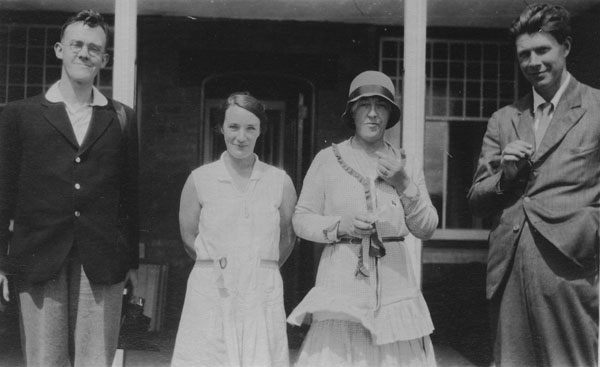
Cannan was replaced by an American economist, Allyn Young (1876-1929), but his time at LSE was sadly cut short when he died suddenly, aged 52, from pneumonia following influenza. To replace him, Lionel Robbins, who was at the time a Fellow at New College, Oxford, was appointed Professor at LSE.
1929-1961: the era of Lionel Robbins
The arrival of Lionel Robbins brought about considerable changes to the teaching of Economics at LSE. His book An Essay on the Nature and Significance of Economic Science (1932) (Second Edition Robbins 1935) provided a definition of Economics that had a great impact: “Economics is the science which studies human behaviour as a relationship between ends and scarce means which have alternative uses.” (p16). This led to a more theoretical approach to teaching and research in Economics at LSE, such as in the work of John Hicks (1904-1989) and his Value and Capital (1939).
A second important impact Robbins had on LSE was his interest in European Economics. Unlike Cambridge, where there was very little interest in Economics outside Marshall’s Principles, students in Economics at LSE had to study languages and read passages of Economics in French or German. Robbins enjoyed reading German texts and became very interested in Austrian Economics. In 1931, he encouraged Fritz von Hayek (1899-1992) to come to LSE to give some public lectures.
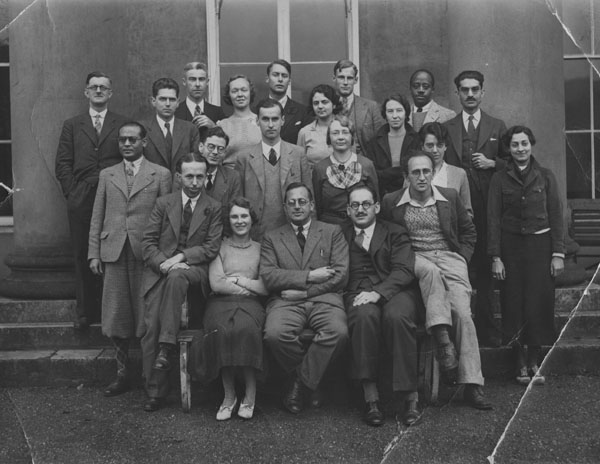
These were so successful that Hayek was offered a Chair in 1931. Given the Great Depression, Hayek’s work on Business Cycles was seen as important. Robbins, with support at times from Plant and Hayek, ran a famous Seminar for graduate students and staff that led to the production of much important research. Among those who attended were Hicks, Roy Allen (1906-1983), Ronald Coase (1910-2013), Nicholas Kaldor (1908-1986) and Abba Lerner (1903-1982).
The possibility of developing a more Austrian approach to Economics at LSE by Robbins and Hayek was cut short by two events. The first was the publication in 1936 of The General Theory of Employment, Interest and Money by Maynard Keynes and the second was the outbreak of the Second World War.
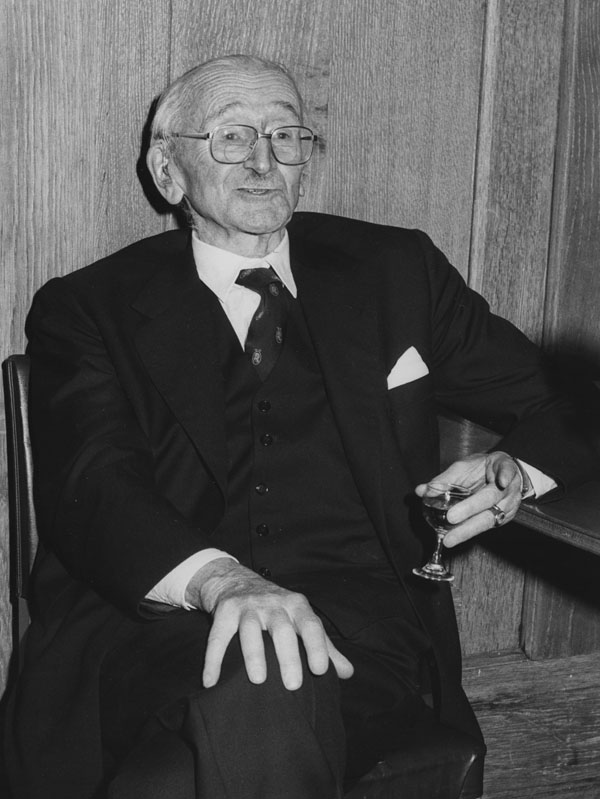
The General Theory had an immediate impact, not least on some of the younger economists at LSE, such as Kaldor and Lerner, who quickly became Keynesians. Another effect was that in The General Theory, Keynes avoided dealing with genuine dynamic analysis by continuing to use Marshall’s comparative statics, so that the Austrian approach to dynamic analysis became of less interest.
With the outbreak of the Second World War, many LSE academics, including Robbins, left LSE to contribute to the war effort. LSE moved to Cambridge, where Hayek, whose offer to contribute to the war effort had been declined, taught and edited Economica. In his research, he continued to move away from pure theory and into more political and philosophical areas and published The Road to Serfdom in 1944.
With the end of the Second World War, LSE returned to Houghton Street, academics returned from government service and Robbins began rebuilding the Economics Department. The Department attracted excellent young economists, such as Dick Lipsey, Kevin Lancaster, Max Steuer, Bernard Corry and Maurice Peston and the Robbins Seminar was revived and flourished.
There was one area in which LSE lagged behind developments elsewhere and this was in Econometrics. In The Nature and Significance, Robbins (1935) had expressed extreme scepticism about the use of statistical estimation in Economics and so there were no econometricians in the Economics Department. This concerned the younger economists in the Department and a number of those mentioned above formed a group and set up the Methodology, Measurement and Testing (M2T) Seminar to carry out empirical tests on economic theories. The arrival of Bill Phillips (1914-1975) in the Economics Department and support from Jim Durbin (1923-2012) in the Statistics Department began to change views on the need for Econometrics, but the changes came after the end of the Robbins Era.
See the STICERD website for the full original posts with further information on the history of Economics at LSE: 1895-1929: the era of Edwin Cannan and 1929-1961: the era of Lionel Robbins. Listen to Jim Thomas’ LSE oral history.


